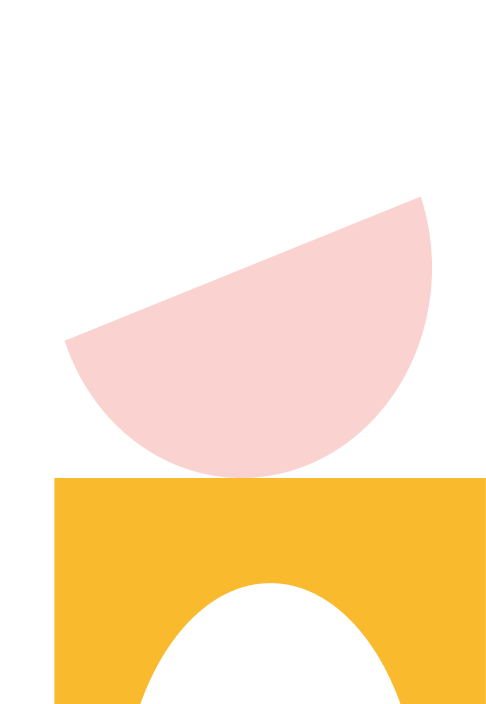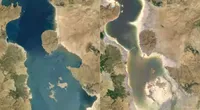Training the next generation of journalists
Celebrated for his richly imagined fiction, Colombian novelist Gabriel García Márquez was also a reporter, editor and essayist. The writer, affectionately known as “Gabo” throughout Latin America, worked in journalism until the end of his life. In 1994, he founded Fundación Gabo (the Gabo Foundation), a nonprofit dedicated to advancing independent, investigative journalism. The nonprofit offers programs and mentorships to help the next generation of aspiring reporters develop the skills needed “to investigate, decipher, and explain reality in a rigorous, ethical, and creative way, so that citizens are better informed.” Their work today is critical, as the spread of fake news and disinformation creates an acute need for responsible, compelling journalism.
“Gabo thought journalism shouldn’t be taught in classrooms, but learned on the streets — by talking to people about their experiences,” says Project Coordinator Silvia Navarro. “We work with master journalists to train the younger generation and show them how the world works.” That effort is critical today, as the spread of misinformation underlines the need for responsible, compelling journalism.









